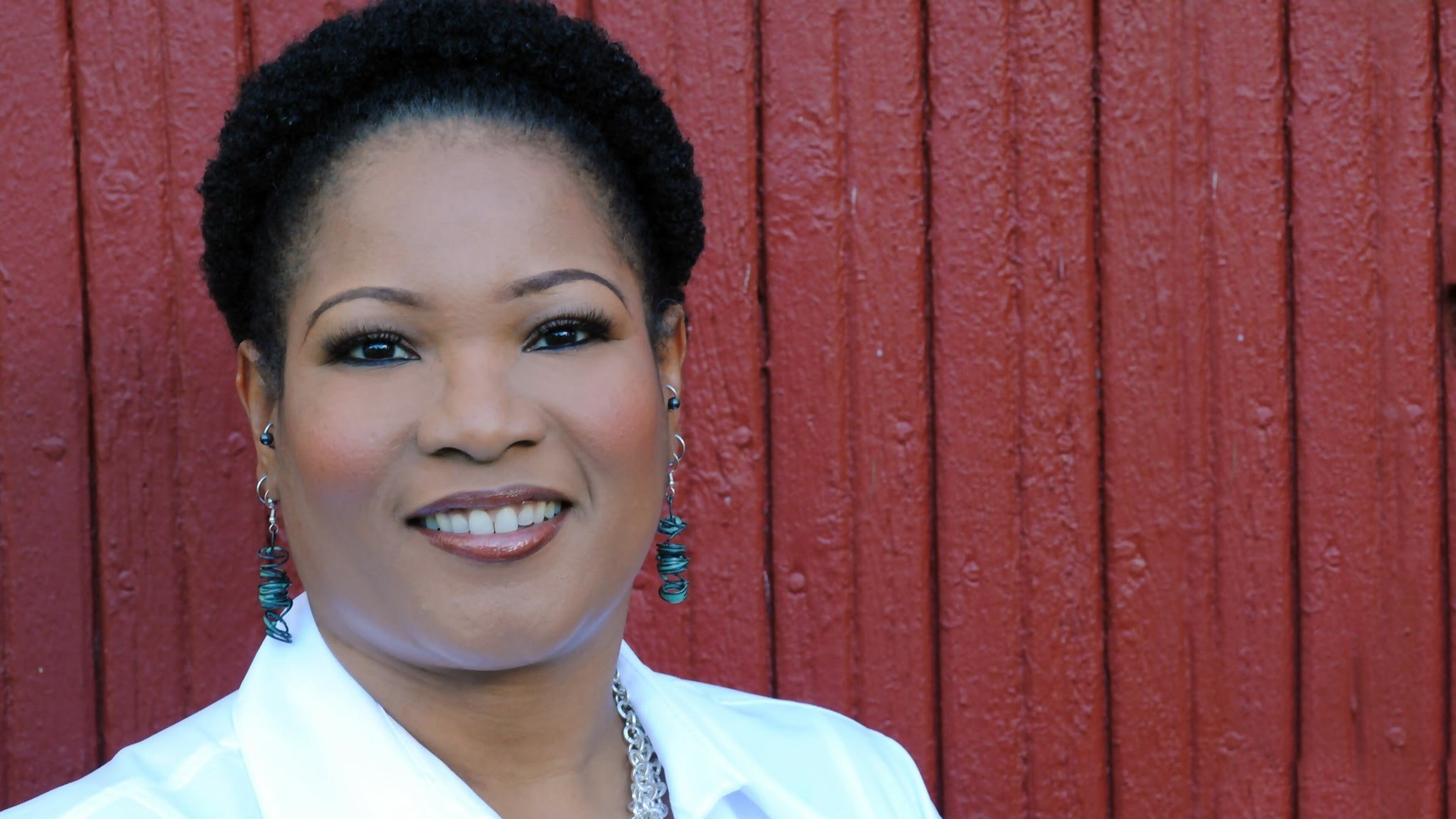Finding strength and community through food

Reading Monica M. White's new book, "Freedom Farmers: Agricultural Resistance and the Black Freedom Movement" (University of North Carolina Press), I couldn't help but think about the family farm my mother grew up on, and the supportive community of black farmers our family was a part of in Florida's Panhandle.
They helped one another survive in the segregated South without depending solely on white people for their livelihoods or, most importantly, to eat. As my mother has told me, they worked together at harvest, or when it was time to slaughter livestock. They might help each other bundle crops to sell in town. There was strength in numbers.
This sort of cooperative spirit, from Reconstruction to the present, is well-documented in White’s book. To tell the story, the University of Wisconsin environmental justice professor focuses on the agricultural legacies of “the three wise men and the sister who showed them how”: Booker T. Washington, George Washington Carver, W.E.B. Du Bois and Fannie Lou Hamer. Anyone serious about cooperatives, food justice, sustainability or organic food owes a debt to the four African-Americans, White argues.
With their legacies in mind, The Atlanta Journal-Constitution talked with White about how food can be used as a platform for furthering social justice. (The interview has been edited for clarity and length.)

Q: How did you come to the idea of this book?
A: There was a part in the autobiography of Winnie Mandela about organizing in the garden. It jumped out to me, because it was an unassuming place. "We will organize as we are growing food." She described the garden as a place to meet under cover, because if you would organize in any other place, it was kind of clear that you were organizing anti-apartheid activities. So, the garden stood out to me as a place for thinking about freedom.
Q: There’s so much competition for our attention now, how do you get people to talk about food justice on a mass scale?
A: I'm not the first to say it, but food is an amazing, incredible organizing instrument. Everybody eats. Because everybody eats, there's room for an important conversation to take place. Food allows the conversation for us to think about other kinds of social institutions and entities that are in control of our lives. So, we can start talking about food, then food production. And, then, can we also talk about community education? Can we also talk about community health and wellness? This engagement begins with food.
Q: You have vivid descriptions in the book about how local governments in Mississippi essentially tried to starve black people for registering to vote. Fannie Lou Hamer was organizing black people and registering them to vote.
A: One of the things I found engaging was Mrs. Hamer's true commitment to making sure that her political involvement did not negate her right to eat. So, I was asking one of the early organizers of the Federation (of Southern Cooperatives) some questions about Mrs. Hamer. He said he walked into her house, and the walls were lined with shelves of canned vegetables, and she had a freezer full of frozen vegetables. He said, "Mrs. Hamer, you got the freezer, why you need the canning?" And she said, "What am I gonna do if they cut off my electricity?" So, the reality that she could be punished for her political involvement was something that she always remembered. And, her ability to provide for herself allowed her to be more courageous.
Q: If a community wanted to organize in the spirit of Hamer, Washington, Carver and Du Bois, where would it start?
A: Lots of schools have developed community growing projects. There can be some ways that communities, when schools are out, can come and help the project continue, even when the kids are out of school. That allows learning opportunities, and community-building opportunities, and it's a beautiful gift for the kids to come back and see the work they started is going on. Most churches have wellness ministries. I'm encouraging them to think about ways to have a farmers market outside, after church. That allows farmers to come to church, and folks maybe get their groceries on Sunday.
Q: They have a food bank at my mother’s church, but I don’t know that they’ve made that leap.
A: One of the visions that I've had is to create some kind of a growing space in the parking lot of a senior center. Take two parking spaces, have some raised beds that are either wheelchair or standing height, and let folks have a little plot where they can plant some tomatoes. Elders are the ones who suffer most significantly from inaccessibility. … Instead of approaching our communities as a deficit, what is already here that we can build upon?
Q: What is the vision you see moving forward?
A: The work that we're doing today has existed before. We've used agriculture as a tool, an instrument, and this is our way to pick up that baton and be curious for the next generation. Self-provisioning allows us to believe that we can be free.
Q: Do you garden?
A: (Laughs) I travel too much to tend the garden, but I will tell you about a black farmer in Madison, Wisconsin, I have on speed dial, and I know black folks who grow food in Milwaukee, so I'm never far from black hands to grow my food.
RELATED:
Read more stories like this by liking Atlanta Restaurant Scene on Facebook, following @ATLDiningNews on Twitter and @ajcdining on Instagram.


